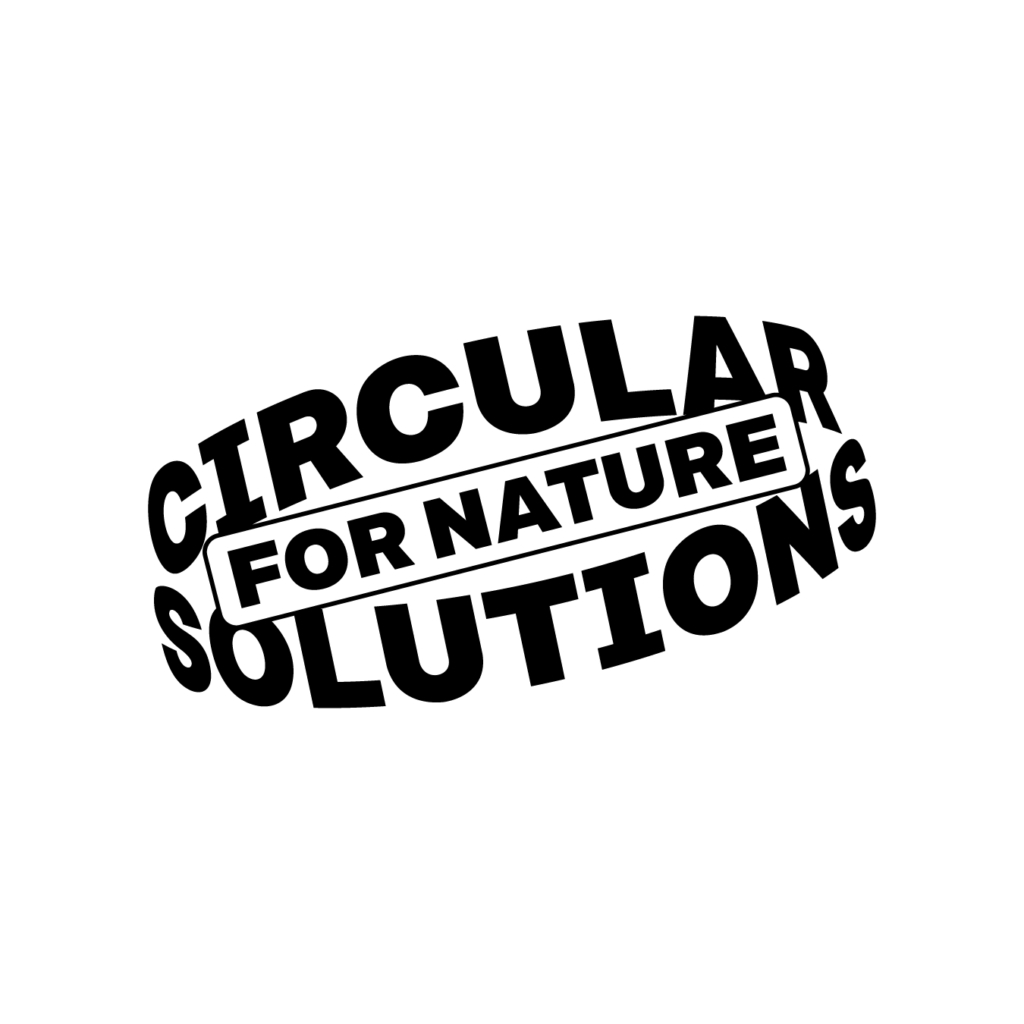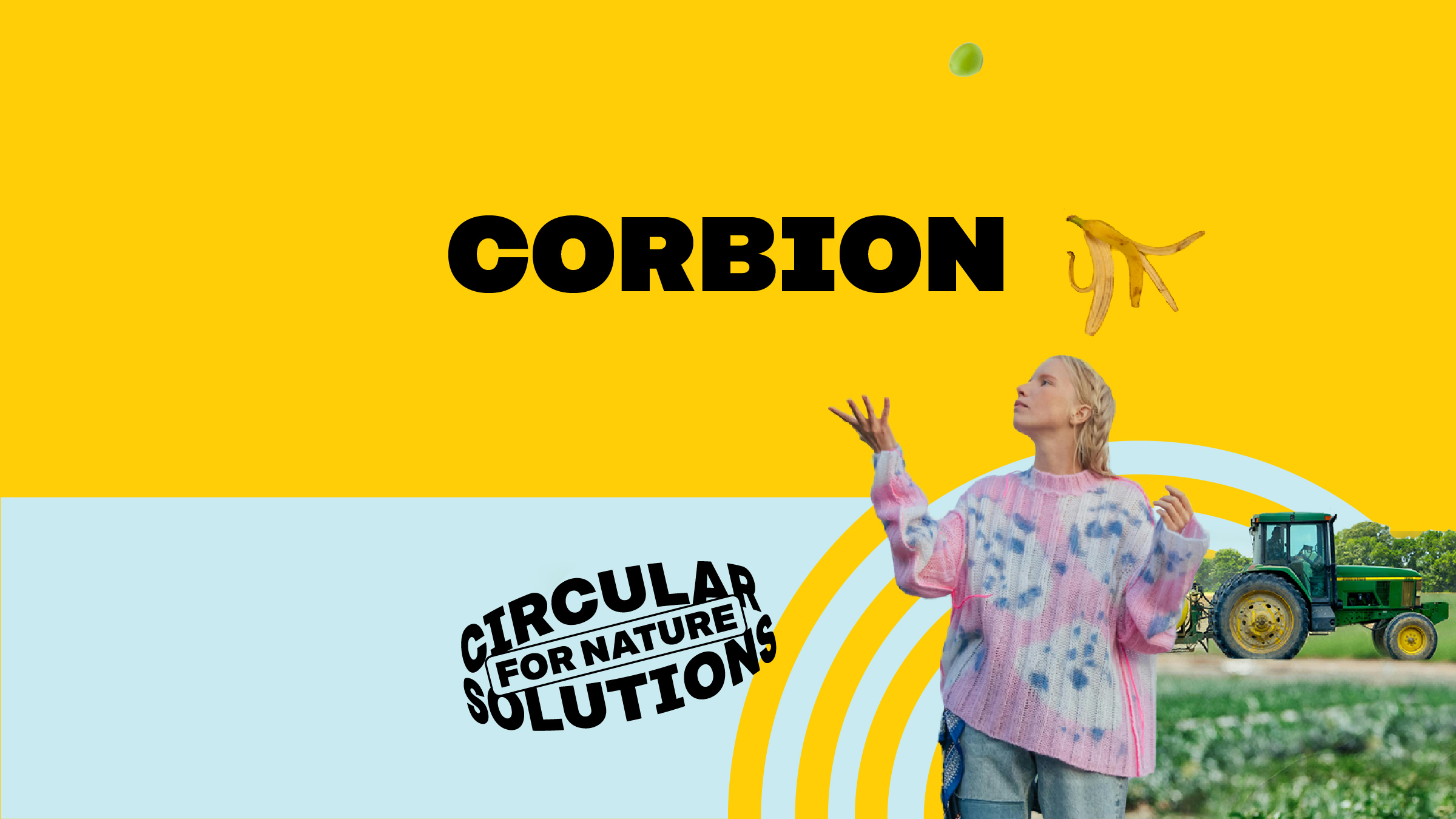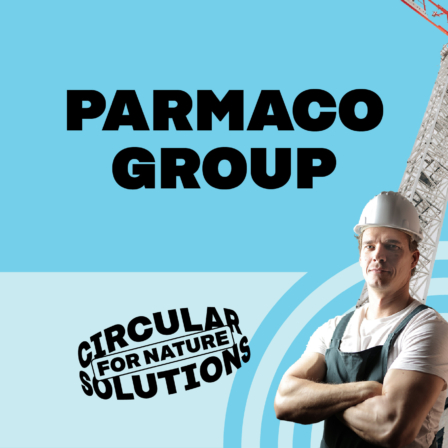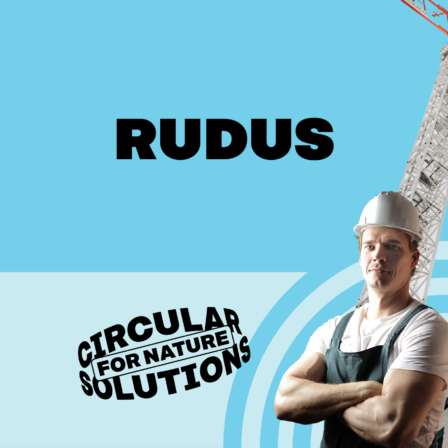Problem
Fisheries’ overexploitation of marine species is recognised as a major threat to biodiversity. The global demand for long-chain omega-3, essential for fish feed and nutritional supplement products, relies heavily on fish oil from small marine species. At the same time, harvesting these species – and the related production of oil – does not follow the same growth trend as the feed and supplement industries, due to the reduction in fish stocks and fishing quotas.
Solution
AlgaPrime™ and AlgaVia™ are Corbion’s algae-based omega-3 products for animal and human nutrition. In nature, microalgae are the original source of long-chain omega-3. Corbion’s process produces algae-based ingredients through an industrial-scale fermentation system running on locally sourced sugar cane. The use of algae and sugar cane in the process minimises waste generation and maximises the use of by-products in the process. This method aims to substantially decrease the environmental impact associated with traditional fish oil sources.
“Corbion has been working on measuring its impacts and target-setting with science-based targets for nature. It is said that what gets measured gets done, but companies like Corbion that have also worked with circular solutions are particularly well-placed to deliver on their targets.”
Riku Sinervo and Tim Forslund, Sitra
Biodiversity impacts
Corbion’s process eliminates the need to use small ocean fish to produce omega-3 products and reduces the dependency and impact on marine fisheries. Corbion has completed a full life cycle assessment, demonstrating that the long-chain omega-3 from the AlgaPrime™ DHA (docosahexaenoic acid) has a lower carbon footprint than traditional fish oil sources. Satellite imagery studies have also been used to demonstrate that the sugar cane used in the production process is deforestation-free.
Benefits for the company
Unlike other algae-based production processes, Corbion’s technology is not reliant on light, a critical element in terms of scale and feasibility, and the locally sourced sugar cane is used to produce sugar, which is used by Corbion as feedstock in the production process, and as a renewable source of energy that powers Corbion’s operations.


































